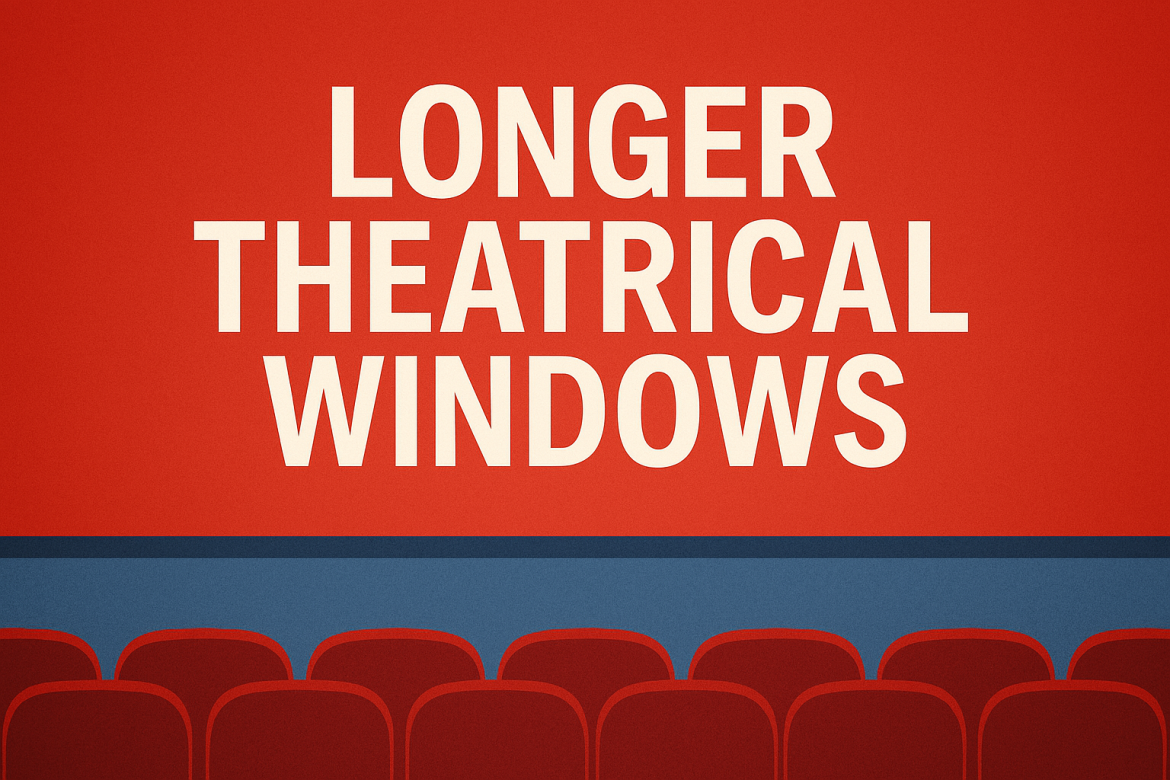Cinema United President and CEO Michael O’Leary calls on Hollywood studios to extend theatrical release windows during his annual State of the Industry address at CinemaCon in Las Vegas. His remarks signal renewed tension between theatrical exhibitors and studios amid a rapidly evolving digital distribution landscape.
Speaking to a packed room of theater owners and industry leaders, O’Leary advocates for a return to a 45-day exclusive theatrical window before films are released to digital platforms. He argues that the current trend—where some studios allow their films to play in theaters for as few as 17 days before shifting them to streaming or video-on-demand—undermines the long-term viability of the entire film ecosystem.
“There needs to be a system that doesn’t pit one sector against another in a short-sighted quest for immediate financial return,” says O’Leary. “It is not sustainable for the studios, the filmmakers, or the theaters.”
O’Leary emphasizes that longer theatrical runs not only preserve the cultural value of moviegoing but also enhance the financial performance of films once they reach the home-viewing market. He points to data showing that films with longer runs tend to generate stronger post-theatrical sales, particularly in terms of digital rentals and purchases.
The call for change comes as studios continue experimenting with release strategies in the wake of the COVID-19 pandemic. The health crisis accelerated the shift toward day-and-date releases—where movies are made available in theaters and digitally on the same day—a model adopted by major players like Warner Bros. and Universal during the peak of global shutdowns.
However, with audiences steadily returning to cinemas, theater chains and advocacy groups like Cinema United are pushing back against shortened theatrical windows. They argue that the model devalues the theatrical experience and cannibalizes box office revenue, ultimately hurting the broader ecosystem that supports film production and exhibition.
Some studios, including Sony Pictures and Paramount, have maintained more traditional windows for their blockbuster titles, and their approach has yielded box office success. Sony’s Spider-Man: No Way Home, for instance, stayed in theaters for more than two months before arriving on digital platforms, and went on to become one of the highest-grossing films of the decade.
O’Leary’s remarks reflect a broader conversation taking place in the industry about the future of movie distribution. Theater owners and trade groups want a return to pre-pandemic norms, while some studios remain hesitant, citing consumer demand for convenience and the profitability of digital-first releases.
As the theatrical industry continues to rebound from pandemic-era disruptions, the push for a standardized 45-day window may gain traction—especially if studios see long-term value in bolstering box office performance before digital release. Whether Hollywood studios will adopt a uniform approach remains uncertain, but the call from Cinema United marks a decisive moment in the evolving relationship between theaters and streaming.
Sources:
https://www.hollywoodreporter.com/movies/movie-news/cinema-united-michael-oleary-theatrical-windows-cinemacon-2025-1235666213
https://variety.com/2025/film/news/cinemacon-michael-oleary-theatrical-release-windows-1235958632
https://www.nytimes.com/2025/04/02/business/media/cinema-united-theaters-digital-release.html
https://youtu.be/poCu-DxrIo8



